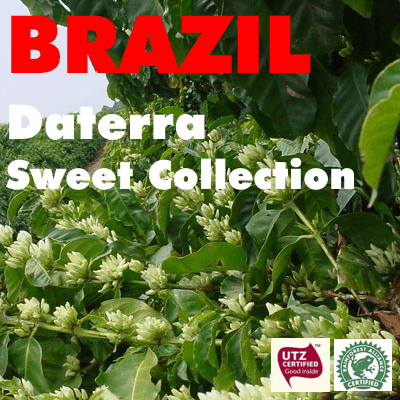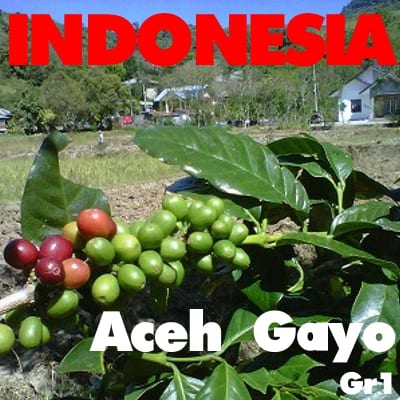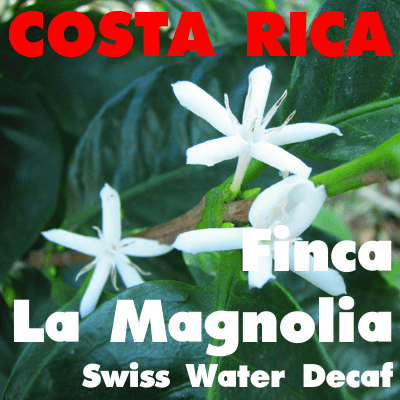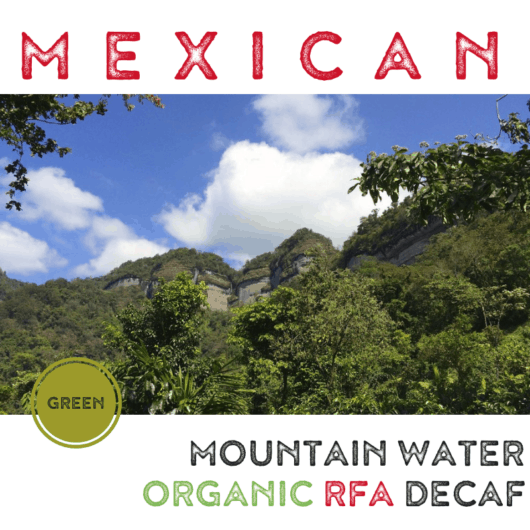Description
Country: BRAZIL
Region: Mucugê, Chapada Diamantina
State: Bahia
Varietal: Topázio
Altitude: 1150m above sea level
Processing: Pulped Natural
Owner: Borré Family
In the cup: Complex and distinct, with passionfruit, mango, licorice and almond. Cocoa and black tea on the finish.
This particular lot from Progresso is 100% Topazio. It was carefully hand-picked by a specially trained team in late July. It was then processed via the pulped natural method: the cherry’s skin and fruit were removed and the sticky, parchment-covered beans were left to dry on cement patios and carefully raked at least 20 times over a 24-hour period. This ensured that the coffee dried evenly and consistently. After this, the coffee was very slowly and thoroughly dried in mechanical dryers over a 36-hour period.
This particular lot is selected from a small plot on the land called Sempre Viva, named after a very special flower that is nearly extinct but is still found in the natural reserves in Chapada Diamantina. The name translates to ‘ever alive,’ referencing the fact that, even after being harvested, the flower will preserve its aroma and colour for 60 years or more. Coffee on this plot is intercropped with trees that provide shade, and is irrigated with a drip irrigation system.
Background: This coffee comes from Fazenda Progresso, a beautiful farm nestled in the Chapada Diamatina mountain range in the heart of Bahia. The farm is surrounded by the Chapada Diamantina National Park, known for its mountainous cliff formations (Chapada) and 19th century diamond mining (Diamantina).
The history of Fazenda Progresso dates back to 1984, when the Borré family migrated from southern Brazil to the northeast and purchased some land in the municipality of Ibicoara, near the town of Mucugê. In the early years, the family tried growing crops such as soybeans, wheat, and English potatoes. The potatoes turned out to be an incredibly successful crop, stimulating investments and making the family one of the largest producers of potatoes in Brazil!
In 2005, the Borré family sought to diversify the activities on their land, and so began to focus on coffee. The family’s commitment to producing exceptional coffee has been unwavering over the last decade. They have sought advice from some of the most respected professionals in the field, including Silvio Leite, founder of the Cup of Excellence and president of the Brazil Specialty Coffee Association, with 30 years’ experience in coffee grading, tasting, and quality control.
The Borré family has invested heavily to ensure that they have the very best infrastructure to process coffee, which allows them to control quality every step of the way, from picking right through to export. They have a dedicated quality control lab with a talented cupping team headed up by Ednaldo Nascimento (AKA ‘Gandula’—nicknamed after the boy that replaces the ball during a soccer match)! Gandula and his team assess every lot of coffee produced and ensure that the quality is the very best it can be.
The Borrés are very hands-on in their approach to managing the farm. They are extremely professional in the way they conduct their business, and they take great care to create an excellent work environment for their staff. Throughout the year, there are around 200 permanent staff members on the farm, and this number grows to 650 during the harvest. Many of these harvest workers return every year, and all are provided with daily bus transportation and food.
In total, 700 hectares of the property are dedicated to coffee; this land is divided up into different plots, which are processed separately. Over time, the family has worked out the optimum way to plant coffee trees in order to maximise productivity, with 50 centimetres between each tree and three metres between each row of trees.
The Borré family takes great care to protect and preserve the ecological health of their area. Water is conserved and meteorological stations are positioned throughout the farm to optimise irrigation and ensure the trees get the right amount of water. Cascara pulp from processing is composted (along with potato wastage, which is very high in potassium and great for coffee trees!) and used to fertilise trees throughout the plantation.
In 2015, for the first time, the Borré family entered their coffee into the Cup of Excellence competition. It placed 15th—a fantastic achievement and testament to the hard work, resources, and focus that have been put into producing exceptional coffee.
(Information courtesy of Melbourne Coffee Merchants)






Reviews
There are no reviews yet.